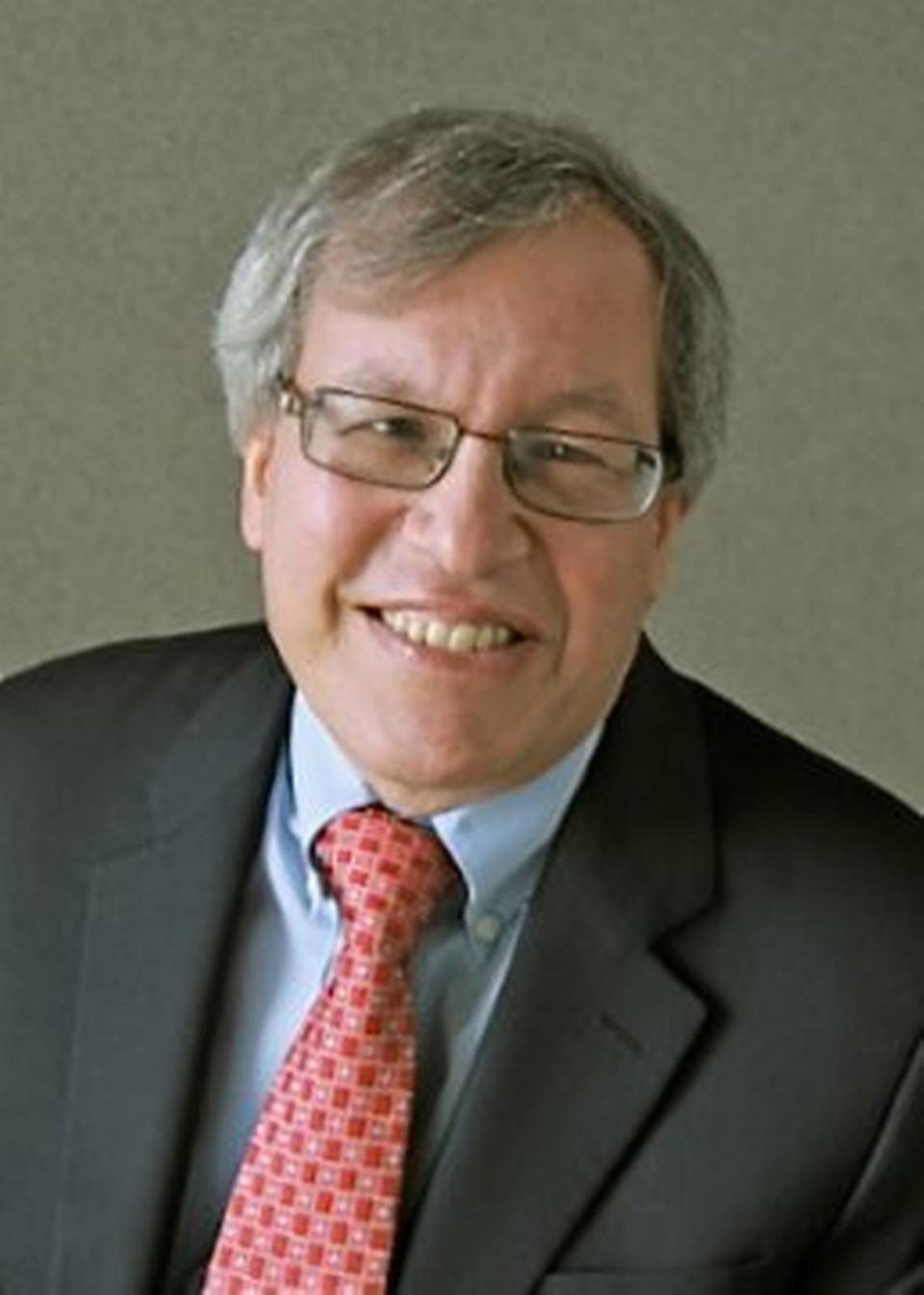Legal expert: Will the Supreme Court greatly limit speech by government officials? | Opinion
Last fall, I criticized the celebration of the terrorism by Hamas on Oct. 7 by some students at my law school and elsewhere as offensive and antisemitic. Some responded to this by saying that I was chilling their speech and infringing upon their First Amendment rights. I strongly disagree, and replied that I was not threatening or imposing any sanctions, I was just exercising my own right to freedom of speech.
But on Monday, the Supreme Court heard two cases that pose the question of whether speech by government officials — even without the threat of sanctions — can be deemed a violation of the First Amendment. These cases could have enormous implications for what government officials, including those in administrative positions at public universities, can say.
Opinion
Murthy v. Missouri involves a suit against the Biden Administration alleging that it coerced and encouraged social media platforms to take down false speech, including about COVID vaccines and the 2016 election. Never did the Biden Administration threaten anyone with prosecution, but it did say that if social media platforms did not act responsibly with regard to false information they could face more regulation.
Nonetheless, the U.S. Court of Appeals for the Fifth Circuit found that the speech by Biden Administration officials violated the First Amendment.
SImilarly, National Rifle Association v. Vullo concerns speech by Maria Vullo from when she was the head of New York’s Department of Financial Services. After the shooting in Parkland, Florida in February 2018 that killed 17 people, Vullo encouraged insurance companies and banks to not do business with the National Rifle Association. The NRA sued, claiming that Vullo’s speech violated its First Amendment rights. The U.S. Court of Appeals for the Second Circuit ruled in favor of Vullo, concluding that her speech did not amount to coercion that infringed the First Amendment.
Both cases pose the question of when speech by government officials violates the First Amendment.
The leading Supreme Court precedent, Bantam Books v. Sullivan, was decided in 1963. That case involved the Rhode Island Commission to Encourage Morality in Youth identifying “objectionable” books that they deemed unsuitable for children and writing book sellers urging them to stop selling those books. The letter also informed recipients that the commission had recommended obscenity prosecutions to prosecutors and turned its list of distributors of objectionable books over to local police. A police officer often followed up and visited the recipient of a letter to see what actions had been taken. The Supreme Court found that such pressure violated the First Amendment, even though no books were actually banned and no prosecutions were undertaken.
Bantam Books v. Sullivan is quite different from the two cases now before the Supreme Court because there was a clear threat of prosecution in both the letter sent and the police officer’s visit to book sellers. By contrast, neither of the current cases now before the court included any threat of prosecution or other coercive conduct by government officials.
My concern, however, is that if the high court find a violation of the First Amendment in these cases, it could lead to other cases that greatly limit speech by government officials. It was completely appropriate for the Biden Administration to encourage social media platforms to take down false speech and for Vullo to exercise her free speech rights by encouraging insurance companies to reconsider doing business with the National Rifle Association.
It’s not simply that government officials have speech rights, but — more importantly — that they be able to use their expression to advance their policies. As the dean of a law school, I should be able to speak out against speech that I find offensive, even when it’s protected by the First Amendment and cannot be punished.
For example, in the fall of 2022, the Law Students for Justice in Palestine at Berkeley Law urged student groups to adopt a bylaw stipulating that they would not invite speakers who supported “Zionism,” “the apartheid state of Israel” or the “Palestinian occupation.”
I responded by saying that student groups had the First Amendment right to invite speakers of their choice, but condemned the bylaw as inconsistent with our values as a law school. Students who supported the bylaw contended that my statement violated their First Amendment rights, even though I was clear that groups had the right to adopt the bylaw.
Simply put, we should want our government officials to be able to speak out against false, harmful or hateful speech. The Supreme Court should hold that there is a crucial difference between government officials expressing their opinion and those threatening punishment and engaging in coercion. Only the latter infringes upon the First Amendment, and it was not present in either case heard by the court Monday.
Erwin Chemerinsky is dean of and a professor of law at the UC Berkeley School of Law.


